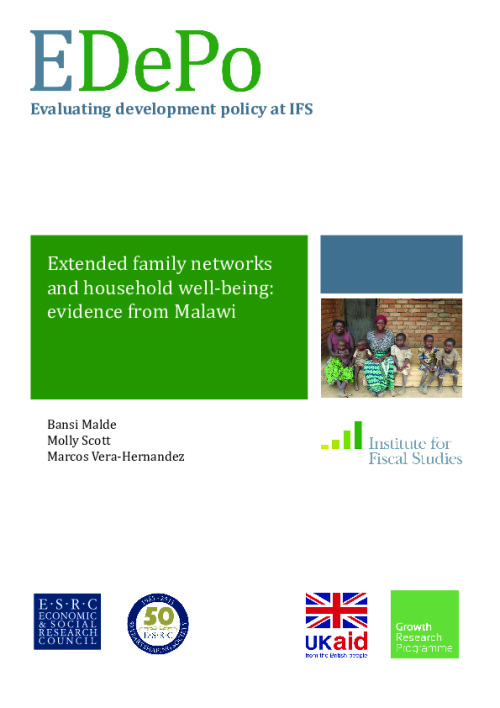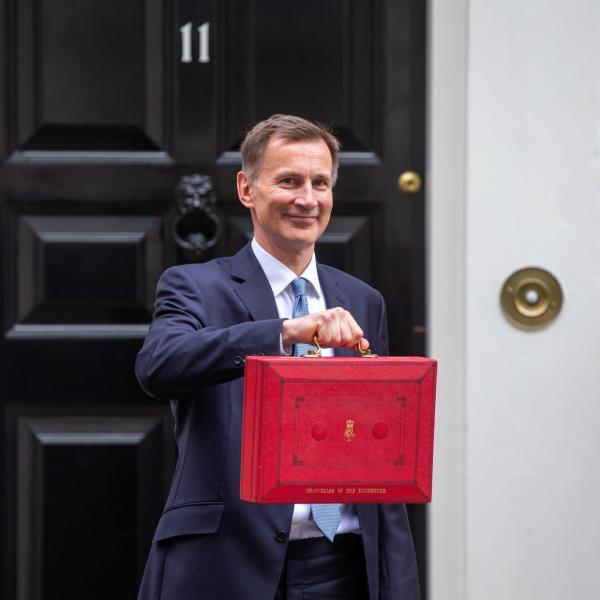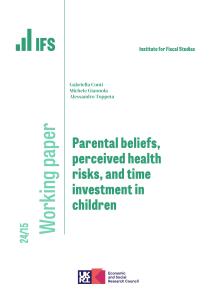Key points:
- Extended family networks play an important role in shaping household outcomes in rural Malawi.
- We find evidence showing that households with large extended families are not well protected following adverse crop losses, indicating that extended families may not always succeed in protecting household well-being. Thus, there is a role for policy interventions that alleviate such effects.
- Moreover, extended families should be taken into account when designing effective policies and interventions. Evidence from one of our studies indicates
that paternal grandmothers undermine the effects on child health of an infant health promotion intervention.
In this note, we summarise evidence from two projects that demonstrate these points. The setting is rural Malawi – a poor, agricultural context, similar to many parts of sub-Saharan Africa. We first provide evidence indicating that extended families are important in this context, before demonstrating that it is vital to understand their effects on household well-being, and that there is a role for government intervention. Finally, we summarise work undertaken by EDePo that shows the need to incorporate the extended family in order to design effective policies and interventions.












